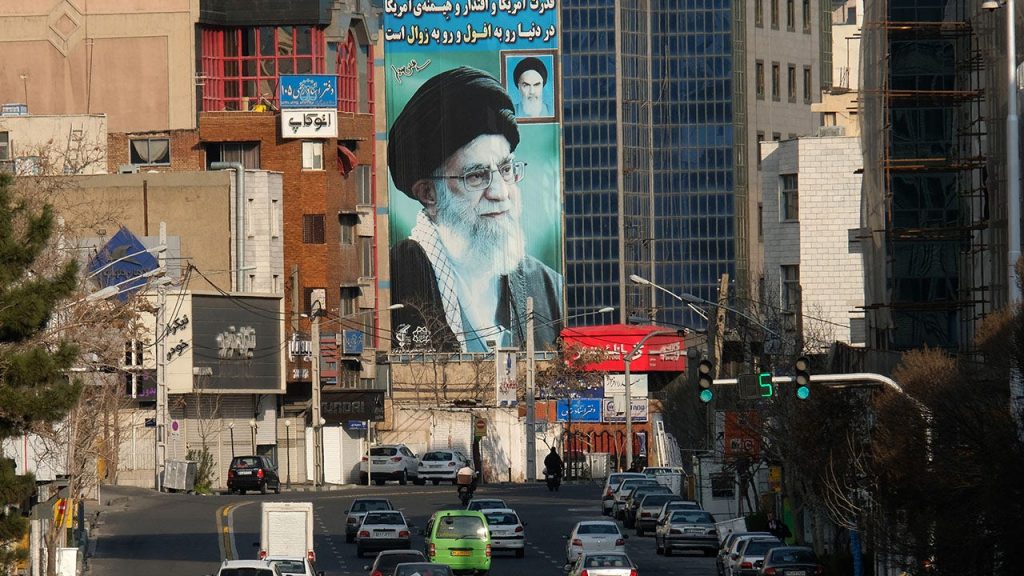The Islamic Republic of Iran is increasingly using artificial intelligence (AI) to crack down on its populace, particularly impacting the freedoms of Iranian women. The regime is utilizing various technologies like facial recognition, CCTV, cell phone analysis, traffic geolocation, and internet monitoring to enhance its cyber crackdown on street protesters and women who do not adhere to the required hijab. The forthcoming Hijab and Chastity Bill, awaiting ratification from the regime’s Guardian Council, will further solidify the use of AI tools in enforcing compliance with the hijab requirements. This bill allows authorities to leverage lawfare and economic warfare against women, going after their homes, cars, bank accounts, and livelihoods.
The Hijab and Chastity Bill in Iran includes provisions that enable the police to create intelligent systems for identifying illegal behavior using tools such as cameras. Businesses are also required to turn in video footage for compliance checks, with possible repercussions for non-compliance ranging from fines to social exclusion, exile, and imprisonment for up to 10 years. The bill effectively allows Iran to govern through systemic discrimination with the aim of suppressing women into total submission, leading to gender persecution or gender apartheid as noted by UN experts. The regime is utilizing AI to utilize economic warfare against non-compliant women, enabling them to target various aspects of their lives.
In preparation for increased use of AI, the Iranian regime began installing new cameras throughout the country as early as April 2023. Amnesty International reported various pressures exerted on Iranian women, with police sending warning messages to women captured unveiled in their cars and confiscating vehicles belonging to repeat offenders. The moral police ordered the confiscation of hundreds of thousands of vehicles based on surveillance cameras or reports from agents patrolling the streets. Some women were sentenced to prison, fines, or flogging, highlighting the harsh consequences women face for not adhering to the hijab requirement.
During protests in 2022 following the death of Mahsa Amini, who was beaten by morality police for wearing her hijab too loosely, the Iranian regime was suspected to have used AI to monitor social media platforms. The U.S. decided to block exports of AI chips to countries like China, Iran, and Russia to limit their access to advanced AI capabilities, recognizing the potential for misuse of technology for oppressive measures. Recommendations have been made for increased export controls and monitoring of tech subsidiaries operating in Iran to curb the regime’s digital repression actions.
Overall, the use of AI by the Islamic Republic of Iran is aimed at further controlling its population, particularly targeting women and enforcing strict adherence to hijab requirements. The regime’s reliance on technology intertwines economic repercussions and social pressures with surveillance and enforcement mechanisms, highlighting the severity of consequences individuals face for non-compliance. Efforts to control the export of advanced technology to countries like Iran are seen as necessary to prevent the misuse of AI for oppressive actions, underlining the importance of international cooperation in regulating the spread of technologies that could be used to suppress populations.


